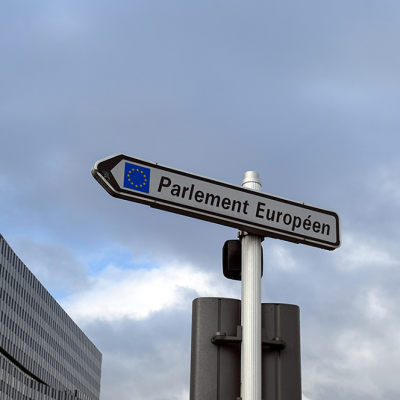[FR] 30 years after the fall of the Berlin Wall: Rethinking the borders of the European Union
This publication is available in french.
Thierry Chopin, Professor of Political Science at the Catholic University of Lille, European School of Political and Social Sciences (ESPOL), and special adviser to the Jacques Delors Institute, calls for a thorough rethink of Europe’s borders.

November 9, 1989: in both the West and the East, this date symbolized the failure of the totalitarian enterprise. With East-West reunification, the European Union achieved one of the most remarkable accomplishments in its history: it succeeded in uniting Europe around the idea of freedom. To celebrate the fall of the Berlin Wall is, above all, to recall this glorious legacy of European integration, which brought peace and reconciliation among European nations.
And yet, the “end of history” that was predicted at the time was accompanied by troubling developments: in the East, the narrative of a “return to the European family” championed by Havel has given way to the nationalist, authoritarian, and illiberal discourse of Orbán; in the West, radical, populist, and even extremist political forces—on both the left and right of the political spectrum—have gained ground. In both cases, it is liberal democracy and the values of openness on which it rests that are being challenged.
Thirty years after the fall of the Berlin Wall, in such a context, the core principles of our free societies must be urgently reaffirmed. Yet the strength of liberal democracy lies also in its inherent openness to its own flaws, its limits, and its shortcomings. Many citizens today feel that Europe is an open “space” that is not adequately protected, and it is this fear that must be addressed by raising the question of the European Union’s borders. Thirty years after the geopolitical shift triggered by the fall of the Wall, we must reflect on the political limits of the European Union.
Under the impact of the migration crisis and the British referendum on Brexit, the question of the EU’s borders has become inescapable and raises major challenges for the Union: where should migration control be exercised? Where does the security boundary for Europeans lie? After ten years of crises in Europe, the electoral rise of populist and nationalist far-right forces has become a major political reality that also compels us to reflect on the question of borders, especially given the close ties between this issue and the question of identity that lies at the heart of nationalist-populist rhetoric.
Moreover, regardless of one’s interpretation or judgment of France’s decision to block the opening of EU accession negotiations with North Macedonia and Albania, that decision brings into sharp focus the broader issue of whether or not to continue with “enlargement”, and therefore, where the limits of the Union lie.




